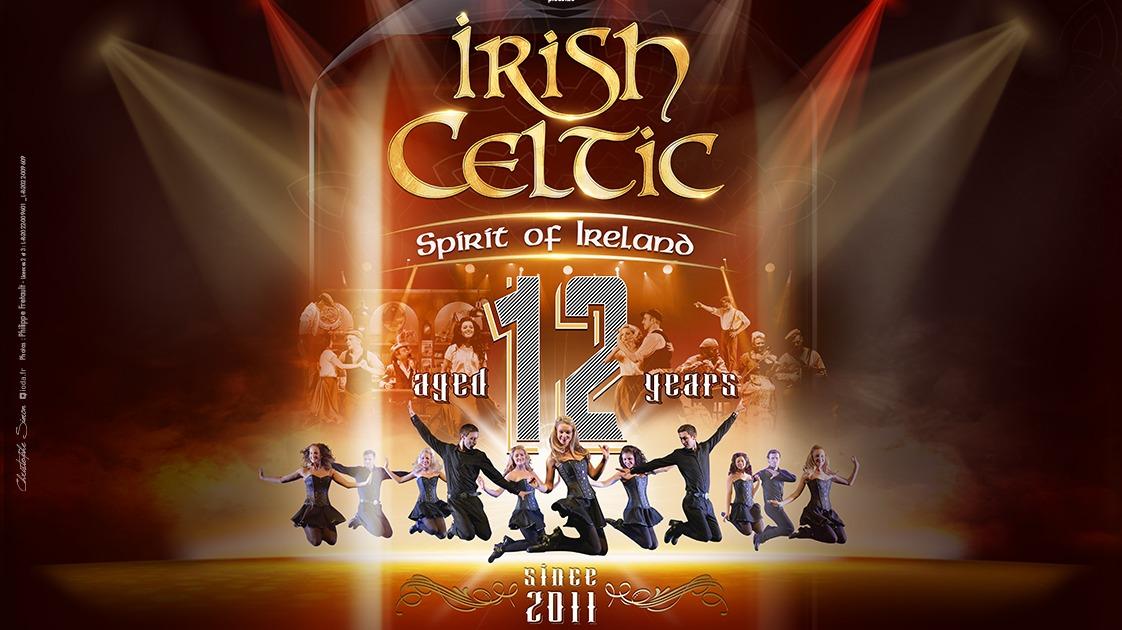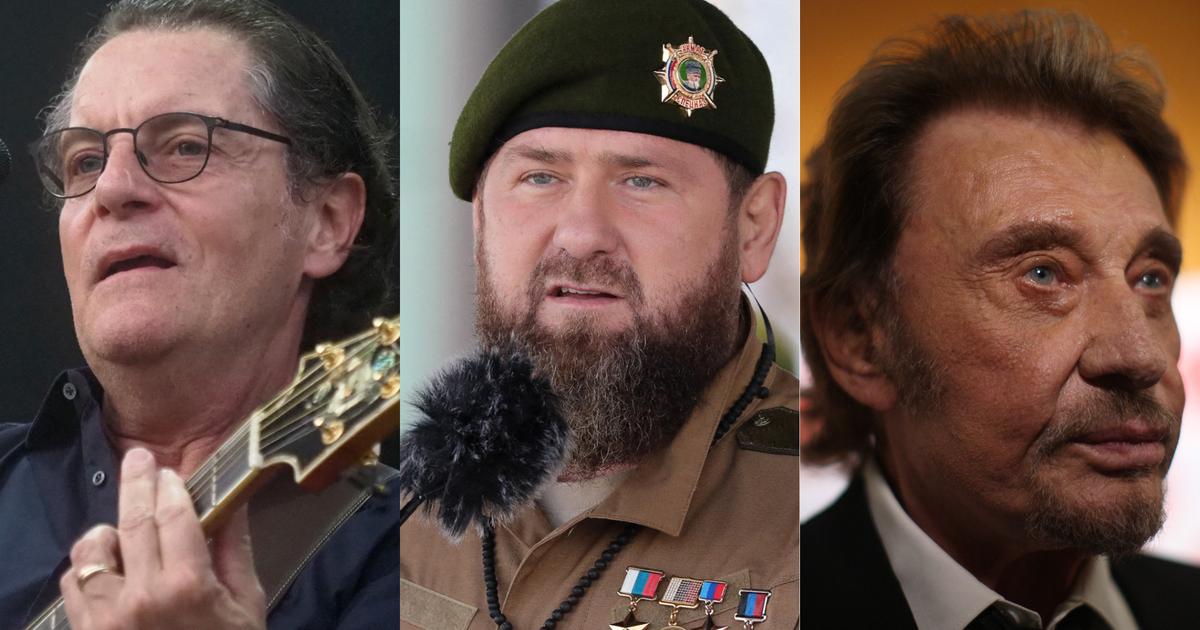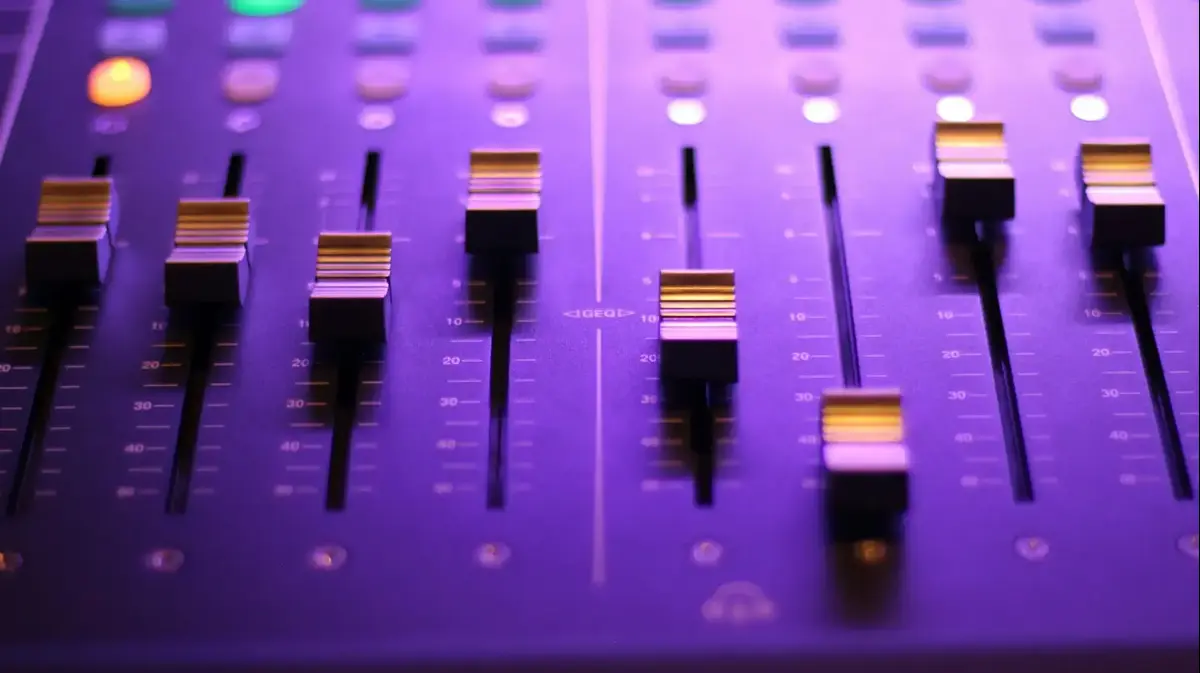There is a territory in which exchanges with Africa sound more equitable, and that is music.
There is no doubt that African composers and performers have much to say to their Western counterparts, as well as listening ears for other chords.
On the shores of all seas there are interpreters trained in conservatories and intuitive fingers, virtuoso apprentices who improvise and scholars with sheet music, and none of these possibilities is exclusive in the practice of the trade.
The members of the Belgian collective Mâäk know this, who make jazz and thrive on fusion with African rhythms, in addition to teaching what they master as instrumentalists wherever they go;
International organizations such as Playing for Change are working to set up music schools on various continents and to launch traditional song festivals such as Zamane, in M'hamid (Morocco).
It is also experienced by local associations such as Les étoiles de Sidi Moumen (The Stars of Sidi Moumen), with venues in popular neighborhoods of several Moroccan cities, for example.
Stars like Ahmed Soultan tend to come to these neighborhood classrooms, who a couple of years ago went to the recently inaugurated headquarters in Agadir to teach fans the rudiments of hip hop, a music that, in his words,
In countries with a Muslim majority, in general, brass wind instruments have not been cultivated, although there have always been other, traditional ones, such as wooden flutes and other materials.
Africa is synonymous with making music
In any corner of Africa, rural or urban, at any time, there is a group—formally summoned or spontaneous—of people learning to play an instrument, or to sing, or to mix on a
disc jockey
tray .
Thus, on a bright autumn Saturday morning, in Rabat, and within the framework of the meeting
Jazz au Chellah
, we attended a master class (or theoretical-practical workshop) on
bronzes
—brass wind instruments— by the Belgian trumpeter Laurent Blondiau, accompanied by the saxophonist Toine Thys and the Belgian-Moroccan singer Laïla Amezian.
There, melodies are played, harmonized, ethnographic and formative experiences are told or advice is given and received.
It is, perhaps, one of those spaces that, anywhere in the world, function as refuges in which the participants feel twinned and, together, are safe from all the other frictions and rigors of the times, borders and time. market.
Trumpeter Laurent Blondiau, founder of the Belgian collective Mâäk.Karim Tibari (Jazz au Chellah Festival)
In the
master class
, one of the first games that Blondiau —leader of the Mâäk Quintet— proposes is to search for a note by ear: he plays it with the trumpet, the wind players try to find it playing their instruments, and the singers, imitate it with their voice .
The game is not only about getting it right, but about learning from what isn't right, because in that search for one more above, one more below, there is “an awareness” that any musician can use, explains Toine Thys.
A dozen boys and girls pay attention to the instructions and take turns asking: what is the best way to make a fluent change of chords in winds?
“You have to work on the twelve shades in a balanced way”, answers Blondiau, who suggests another game: restrict what comes out and use what is most difficult for them.
“What tends to cost African musicians the most are the harmonies, because their music is more rhythmic,” says Thys, who now accompanies Blondiau on some of his pedagogical forays across the continent.
More harmony, more theory
25 years ago, in Brussels, Blondiau founded the Mâäk collective, together with a group of European musicians interested in the music of Mali, the Democratic Republic of the Congo, Burkina Faso and the Maghreb.
“The trumpet is a transportable instrument”, he jokes, “so, starting in 1998, I started coming to Africa and having meetings with musicians from the continent”.
These appointments became more frequent and transformed into sustained projects, for example, thanks to the association with a music school in Ouagadougou, in Burkina Faso, where Belgians regularly teach.
In other cases, such as in Benin, where they usually work with a family that incorporates music into voodoo sacralization practices, the sessions tend to be more informal.
“If something moves me in Africa, it is the percussion ensembles of the voodoo rites in Benin, precisely”,
Blondiau also takes advantage of these sessions as an apprentice, to train himself in rhythmic instruments that, although they seem more rudimentary, “you have to assimilate how they are played”.
In fact, he comments that the first time he heard a group of Beninese percussionists, he did not understand anything: "I did not understand the way they were organized, but later I found out."
He has already learned to play the distinctive West African gong and bells, ready to attend a Benin dance band or wedding band, and already knows how to clap almost like any other
Moroccan
gnawa player.
What tends to cost African musicians the most are the harmonies, because their music is more rhythmic.
Toine Thys, saxophonist
In the role of teacher, the Belgian
jazzman
concedes that performers without classical training have more plasticity when it comes to adapting to any execution, although, on the contrary, "they need some theory and names."
Learning theory is key for those who want to dedicate themselves to brass, since in Africa they have only been played in Christian churches, from where their sound must continue to expand to the street and to popular music.
On the other hand, in countries with a Muslim majority, in general, brass wind instruments have not been cultivated, although there have always been other, traditional ones, such as wooden flutes and other materials.
What are the most difficult things to teach about music in Africa? we asked him.
“Have a longer-term vision, away from impatience and immediacy, since you have to practice a lot before you get results”, highlights the instrumentalist and composer.
And he adds that, "in music, short-term visions do not work" which are certainly a normal operating mode for a good part of the cultural activities on the continent.
At the end of the workshop, an actor questions the jazz musicians about improvisation, which, according to his criteria, in the theater consists of accepting a story to undertake the task of adding elements that give it continuity.
Someone replies that something similar occurs in jazz, which many see as a process rather than finished music.
“Everything is jazz”, agree, smiling, teachers and students, while they continue exchanging roles.
You can follow PLANETA FUTURO on
,
and
, and subscribe
here
to our 'newsletter'
.









